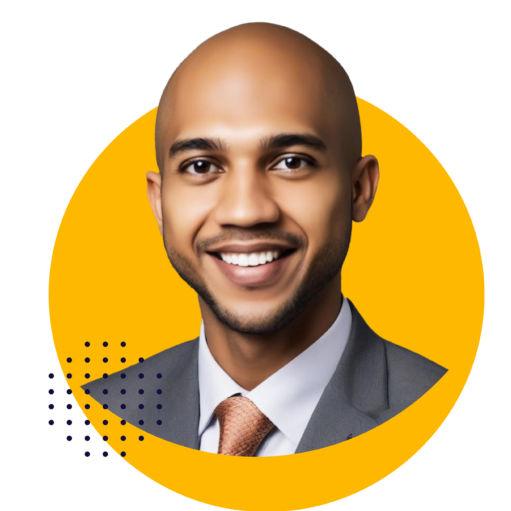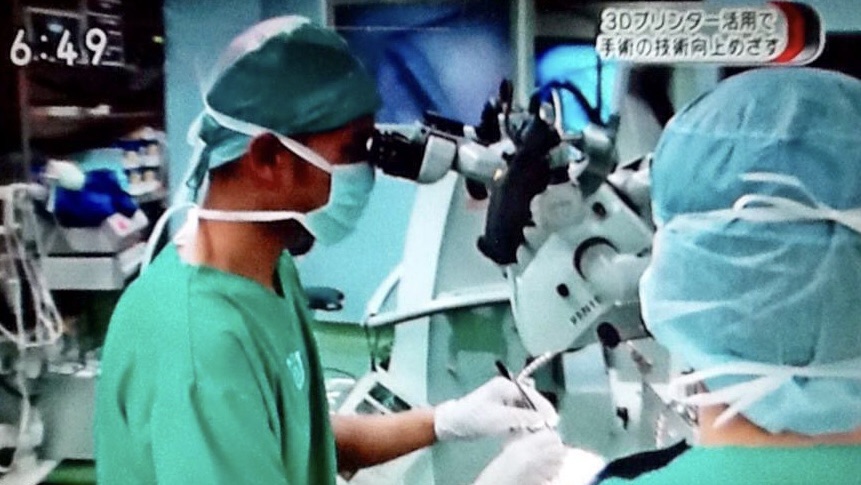Around 2013, I had the privilege of being part of an exciting era at the Department of Neurosurgery, Jichi Medical University, Japan. At the time, we were at the forefront of experimenting with 3D printing technology in medicine, especially about brain. What began as an ambitious idea quickly transformed into a revolutionary tool for learning, training, and communication. I vividly remember the an experience night spent designing intricate models of the human brain, one requiring nearly six hours to craft and then another long night for printing. These 3D models weren’t just for practice; they were lifelike recreations of brain anatomy that enabled us to perform complex microsurgery simulations, refine our surgical techniques, and even demonstrate procedures to patients and their families with unprecedented clarity.
The experience was humbling. Even with years of training and expertise, I found myself continuously learning, recognizing the complexity of human anatomy and how crucial it was to bring innovative tools into medical education. It reminded me that no matter how advanced we become, education, when approached with humility, always opens doors to new understandings.
Years later, as I shifted my focus from hands-on neurosurgery to the world of applied neuroscience, I came to appreciate how those experiences with 3D printing were not only technical milestones but essential stepping stones for my current work. Today, the lessons I learned during those long days are directly influencing how we develop neuroscience applications in both Indonesia and Brunei Darussalam. The same hands-on approach I once used to navigate brain surgeries now guides my approach to understanding human behavior, cognition, and decision-making in the field of applied neuroscience.
What truly amazes me, even now, is how technology bridges the gap between theory and practice. It makes learning tangible, immersive, and transformative. And as I continue to work in the field of neuroscience, whether it’s lecturing students or collaborating with colleagues, I carry with me the knowledge that practical experience, especially from my days in neurosurgery, provides a profound foundation for innovation.
Embracing the process and challenging experiences, so often giving the most fundamental aspect for growth.



